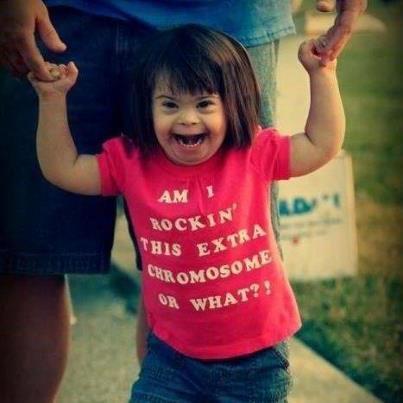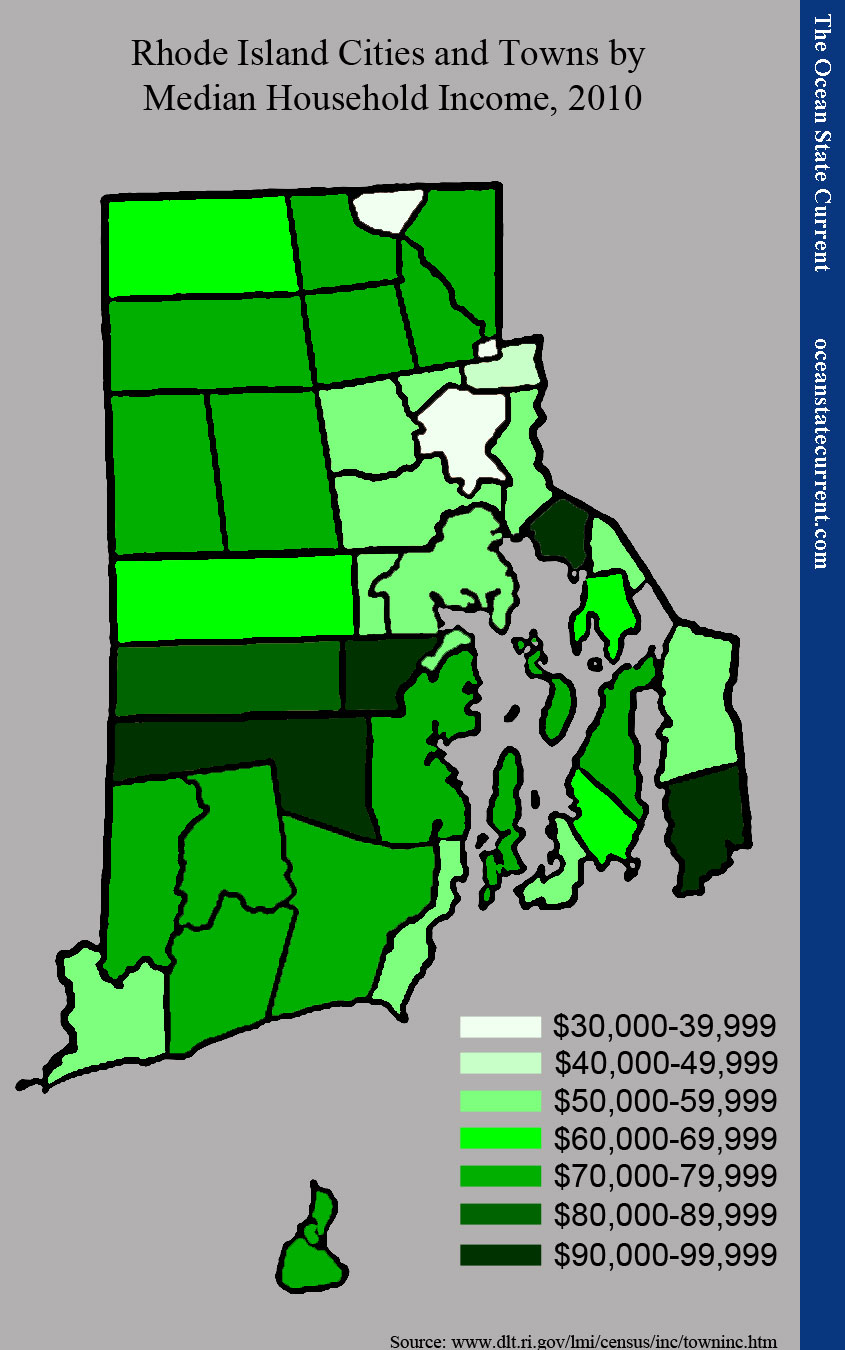 In this article, Shor discusses what Empowering Education is and what it looks like. Empowering education will produce educated students, and productive participants in society - the "aim of intellectual training is to form intelligence rather than to stock the memory" (Shor, 12). Empowering Education means thriving in a classroom of mutual respect where questioning everything, curiosity and open discussions are encouraged versus traditional education, which is essentially being fed information, without 'meaning'. Shor states that a key to empowering education is critically thinking. As with many of our other articles, this one also discourages teachers assuming the stereotypical role of all-knowing adult there to educate the children and encourages teachers and students working together to make learning happen.
In this article, Shor discusses what Empowering Education is and what it looks like. Empowering education will produce educated students, and productive participants in society - the "aim of intellectual training is to form intelligence rather than to stock the memory" (Shor, 12). Empowering Education means thriving in a classroom of mutual respect where questioning everything, curiosity and open discussions are encouraged versus traditional education, which is essentially being fed information, without 'meaning'. Shor states that a key to empowering education is critically thinking. As with many of our other articles, this one also discourages teachers assuming the stereotypical role of all-knowing adult there to educate the children and encourages teachers and students working together to make learning happen.This relates back to the Jeannie Oakes article on tracking. Oakes analyzes how separating children by ability- called tracking- dictates how rich of an education children receive. Children in lower-ability classes spend more time learning basic facts that don't encourage critical thinking while those in higher-ability classes spend more time on really questioning what they are learning, delving into the topics.
The concepts of empowering education are also looked at in the Finn article. Finn looks at how socio-economics dictates the quality of education received. Lower classes are taught the skills and behaviors needed to keep them exactly where they are in society, doing menial work, while children from upper classes are taught to think critically and question the system- skills that enable them to continue occupying the better jobs.
Shor encourages a democratic classroom learning environment where teachers and students are learning from each other. He stresses that each party, has something to learn from the other, much as Kliewer did through his discussion of inclusion.
As a student, I don't believe I received a very empowering education. Most of the work that I completed was like the worksheet Dr. Bogad assigned us, not critical thinking work and discussions. I always did okay in classes where I was just fed knowledge, but it was short term success, not anything that stuck with me. It was fact recitation not a critical examination of what I was learning. I am fortunate enough to have teachers in college who do believe in empowering educations, and it is so refreshing. Also very interesting to look at your own school experiences through the lens of these articles to see what best practice is in comparison to the traditional education practices.









